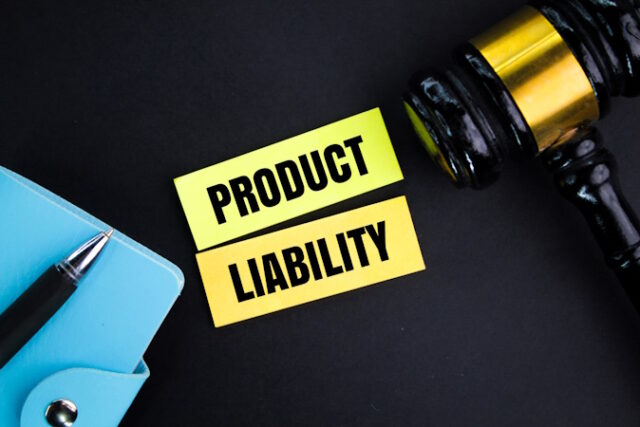
In the realm of consumer rights and legal battles, product liability cases play a pivotal role in ensuring that individuals harmed by defective products receive just compensation. Understanding the intricacies of these claims is crucial for anyone navigating the complex landscape of product-related injuries.
Defining Product Liability
Product liability refers to the legal responsibility held by manufacturers, distributors, and sellers for injuries caused by defective or dangerous products.
This area of law is designed to protect consumers from harm resulting from the use of faulty goods. Product liability cases often involve three main types of defects: design defects, manufacturing defects, and marketing defects (such as inadequate warnings or instructions).
Establishing a Claim
To pursue a product liability claim successfully, plaintiffs typically need to establish certain key elements. Firstly, they must prove that the product was defective and unreasonably dangerous when it left the control of the manufacturer. This defect must be a direct cause of the plaintiff’s injuries. Additionally, the product must have been used as intended or in a foreseeable manner.
Types of Product Liability Claims
Product liability claims can take various forms, each addressing different aspects of the manufacturing and distribution process.
- Design Defect Claims
These claims arise when the fundamental design of the product is inherently dangerous, regardless of how well it was manufactured.
- Manufacturing Defect Claims
Manufacturing defect claims focus on errors that occur during the production process, making certain units of a product dangerous or substandard.
- Failure to Warn Claims
Also known as marketing defects, these claims revolve around inadequate warnings or instructions about potential dangers associated with using the product.
The Role of Strict Liability
In many product liability cases, the principle of strict liability comes into play. Unlike traditional negligence claims, strict liability doesn’t require the plaintiff to prove that the defendant was negligent. Instead, it holds the responsible parties strictly liable for the harm caused by their defective products. This shift in burden simplifies the legal process for the injured party.
Compensation and Damages
Successful product liability claims can result in various forms of compensation for the plaintiff. This may include medical expenses, lost wages, pain and suffering, and, in some cases, punitive damages designed to punish the responsible party for egregious conduct. Compensation aims to restore the injured party to a position as close as possible to their state before the injury occurred.
Challenges in Product Liability Cases
Product liability cases often present unique challenges. Gathering evidence to establish the defect and its causal connection to the injuries can be complex. Additionally, manufacturers and distributors may deploy skilled legal teams to defend against these claims, making it crucial for plaintiffs to have experienced representation.
The Importance of Expert Witnesses
Given the technical nature of product liability cases, expert witnesses often play a crucial role. Engineers, scientists, or industry experts may provide testimony to explain the defect, its consequences, and the industry standards that were violated. Their insights can significantly strengthen the plaintiff’s case.
Recent Trends and Notable Cases
Product liability law is dynamic, evolving to address new challenges posed by advancing technologies and changing consumer expectations. Recent years have seen an increase in cases related to defective medical devices, automotive products, and consumer electronics. Notable cases have set important precedents, emphasizing the responsibility of manufacturers to ensure the safety of their products.
Related Note: Talcum Powder Claims
In the realm of product liability, talcum powder claims have gained attention in recent years. Individuals who have experienced harm due to the alleged presence of harmful substances in talcum powder have pursued legal action.
If you or a loved one has been affected and you want to get a talcum powder claim, seek legal counsel to understand your rights and explore potential avenues for compensation.
Navigating product liability cases requires a deep understanding of legal principles, industry standards, and the complexities of the manufacturing process. Whether you’re a consumer seeking justice or a manufacturer defending against a claim, grasping the nuances of product liability law is essential.
As the legal landscape continues to evolve, staying informed about recent developments and seeking experienced legal counsel can make all the difference in achieving a fair and just outcome.
Disclaimer
The information contained in South Florida Reporter is for general information purposes only.
The South Florida Reporter assumes no responsibility for errors or omissions in the contents of the Service.
In no event shall the South Florida Reporter be liable for any special, direct, indirect, consequential, or incidental damages or any damages whatsoever, whether in an action of contract, negligence or other tort, arising out of or in connection with the use of the Service or the contents of the Service. The Company reserves the right to make additions, deletions, or modifications to the contents of the Service at any time without prior notice.
The Company does not warrant that the Service is free of viruses or other harmful components












